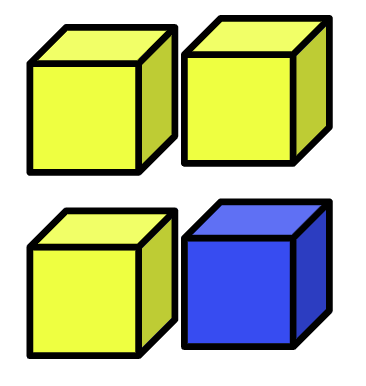Myths about teaching can hold you back
- Year 1
Understand that parts can be represented in any order
I know that parts can be combined in any order and can represent this.
- Year 1
Understand that parts can be represented in any order
I know that parts can be combined in any order and can represent this.
These resources were made for remote use during the pandemic, not classroom teaching.
Switch to our new teaching resources now - designed by teachers and leading subject experts, and tested in classrooms.
Lesson details
Key learning points
- When parts of a whole are added together, each part is called an addend.
- You can combine the parts in any order because they still make the same whole.
- You can write the addends in any order because, when combined, they still make the same whole.
Keywords
Partition - To split a whole up into parts (pieces or sections of the whole).
Combine - To put parts together to make a whole.
Common misconception
Children may believe that addends must be represented in a certain order.
Ensure parts are seen alongside objects and pictures presented in different ways so the visual always matches the given expression.
To help you plan your year 1 maths lesson on: Understand that parts can be represented in any order, download all teaching resources for free and adapt to suit your pupils' needs...
To help you plan your year 1 maths lesson on: Understand that parts can be represented in any order, download all teaching resources for free and adapt to suit your pupils' needs.
The starter quiz will activate and check your pupils' prior knowledge, with versions available both with and without answers in PDF format.
We use learning cycles to break down learning into key concepts or ideas linked to the learning outcome. Each learning cycle features explanations with checks for understanding and practice tasks with feedback. All of this is found in our slide decks, ready for you to download and edit. The practice tasks are also available as printable worksheets and some lessons have additional materials with extra material you might need for teaching the lesson.
The assessment exit quiz will test your pupils' understanding of the key learning points.
Our video is a tool for planning, showing how other teachers might teach the lesson, offering helpful tips, modelled explanations and inspiration for your own delivery in the classroom. Plus, you can set it as homework or revision for pupils and keep their learning on track by sharing an online pupil version of this lesson.
Explore more key stage 1 maths lessons from the Additive structures: addition unit, dive into the full primary maths curriculum, or learn more about lesson planning.

Licence
Prior knowledge starter quiz
6 Questions
Q1.Jacob represents this picture like this, 2 + 3. What does the 3 represent?
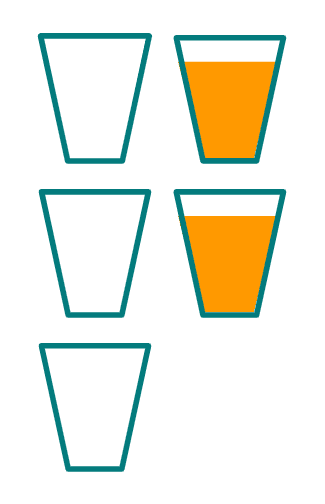
Q2.Picture 3 apples and 3 oranges. Represent this using numerals and the plus sign.
Q3.Jacob writes this to represent the picture, 2 + 4. Which part represents the black cats?
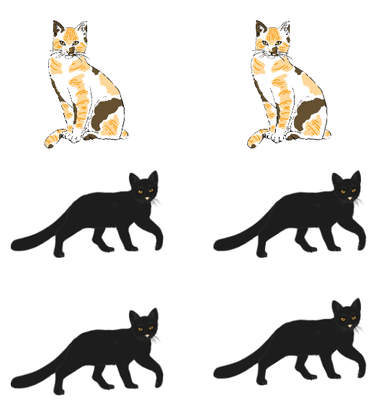
Q4.There are 4 blue counters and 1 yellow counter. We can represent this as

Q5.Use numerals and the plus sign to represent this picture.

Q6.Which of the following expressions does not represent the picture?
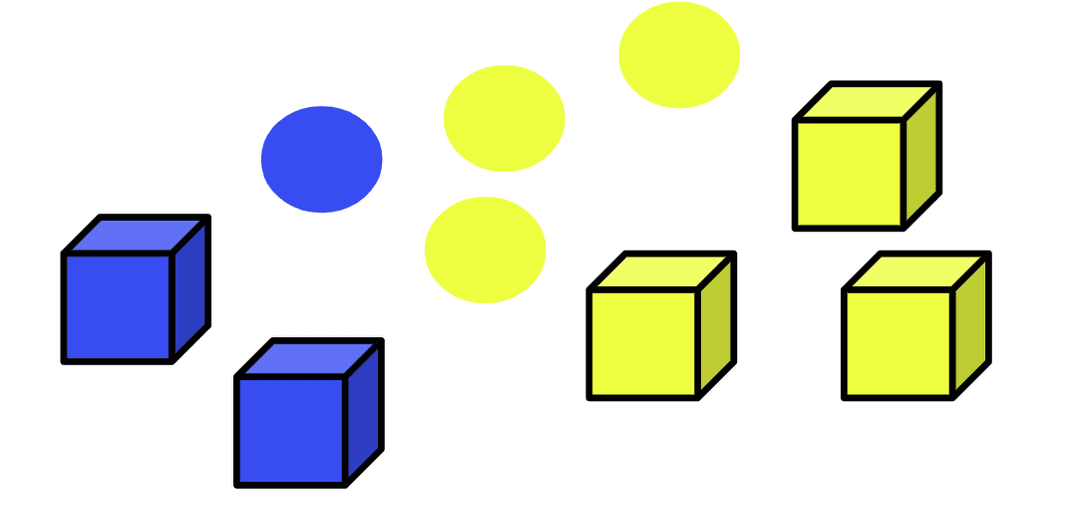
Assessment exit quiz
6 Questions
Q1.The apples can be partitioned into parts of different colours. Tick the numbers that will complete the stem sentence. is a part.
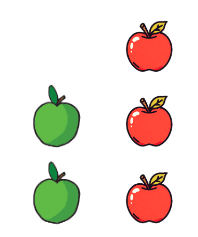
Q2.Use numerals and the plus sign to write two expressions with the parts 2 and 3.
Q3.Match each expression to the one that correctly represents the same amount.
5 + 2
2 + 6
3 + 2
Q4.Which expressions can represent this picture?
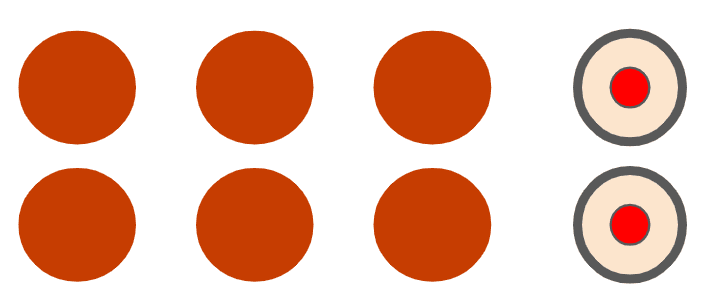
Q5.Picture 3 dogs and 6 cats. Represent this as an expression using numerals and the plus sign.
Q6.Which of these numbers cannot be a part in this whole group.
